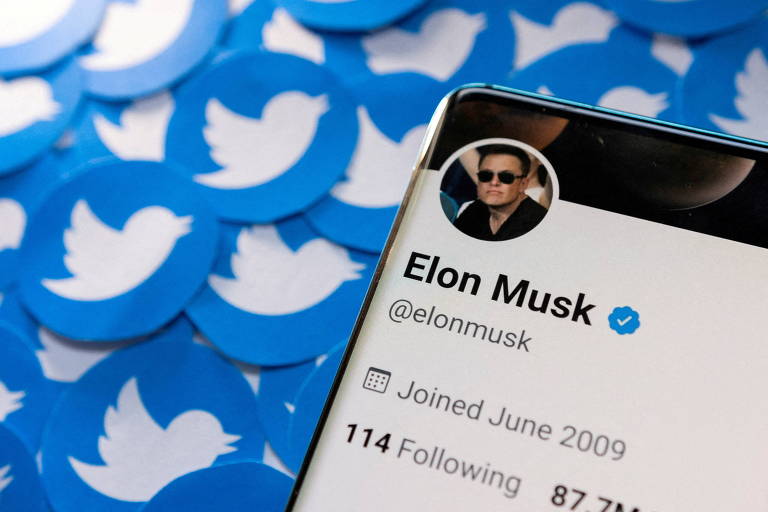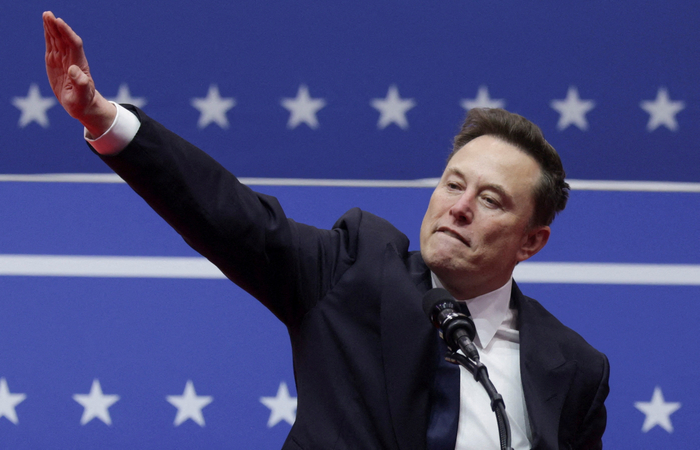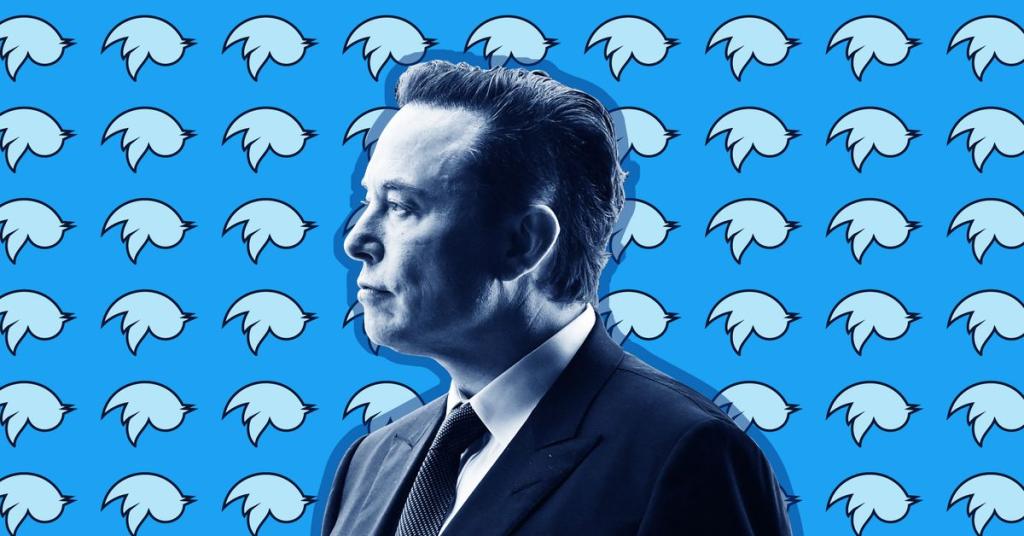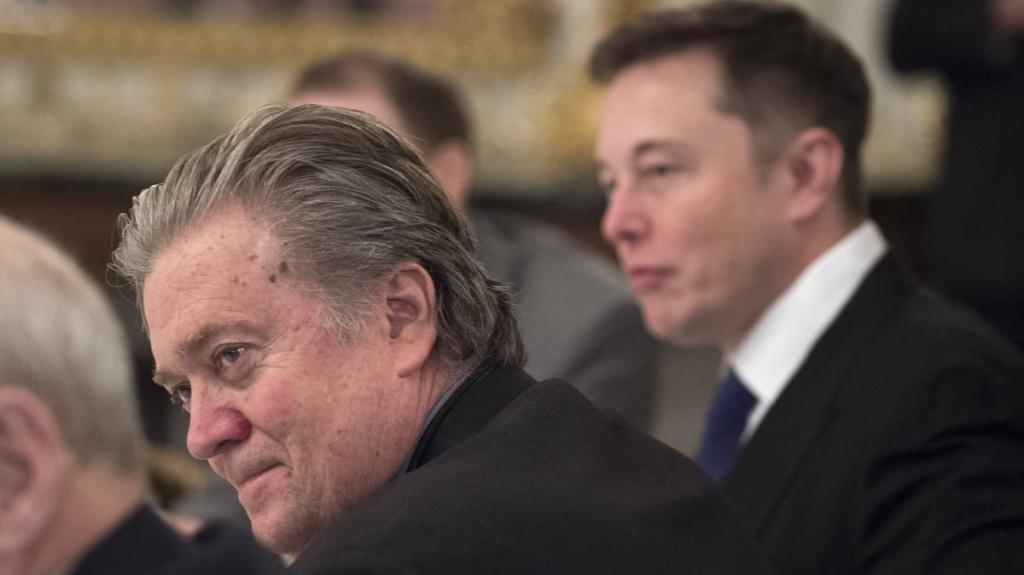Elon Musk Faces Shutdown of X in Brazil Over Legal Clash
Elon Musk battles Brazilian Justice Alexandre de Moraes as X faces shutdown, spotlighting the tension between digital freedom and regulatory authority.

Key Points
- The ongoing conflict between Elon Musk
and Brazilian Justice Alexandre de Moraes could lead to X's shutdown due to non-compliance with local laws.
- Brazil represents a crucial market for X, with over 40 million users, making regulatory challenges particularly impactful on its operations.
- Musk's refusal to appoint a legal representative in Brazil highlights the broader issues of corporate accountability and digital free speech amid increasing governmental oversight.
The ongoing confrontation between billionaire Elon Musk and Brazilian Supreme Court Justice Alexandre de Moraes has brought to light significant issues surrounding digital freedom and regulatory authority. As tensions mount, the potential shuttering of X (formerly
) in Brazil looms closer, raising questions about the delicate balance between corporate interests and judicial enforcement in an increasingly digital age.
Despite X's historical roots and substantial user base in Brazil—over 40 million active users—it appears the platform may cease its operations unless it adheres to local laws. Chief among these requirements is the appointment of a legal representative in Brazil, a move Musk has resisted, asserting that complying with de Moraes’ rulings equates to censorship. With Brazil being one of X's largest markets, the implications of these decisions are far-reaching and complex.

The Strained Relationship Between Musk and Moraes
The discord between Musk and de Moraes stems from differing philosophies about freedom of expression and regulatory compliance. Musk has frequently criticized the judge, labeling him an "evil dictator" for his strong stance against what he perceives as misinformation and hate speech on social media platforms. This cultural clash epitomizes the broader global debate around the power of social media corporations versus governance.
As authoritarian regimes globally suppress free speech through similar tactics, Musk's refusal to comply with Brazilian law can be seen as both a stand for digital freedom and a potential miscalculation in navigating local regulations. The injunction against X by de Moraes is grounded in well-established Brazilian law, which mandates that foreign companies maintain a local legal representative. This regulation ensures that companies are held accountable to judicial demands, especially during critical political events.
Impact on the Market and User Base
For Musk and X, the stakes could not be higher. Brazil represents a vital market, being the third-largest for the platform globally. The potential loss of such a substantial user base poses a real threat not only to the platform's reach but also to its financial stability. Experts estimate that X's market value has plummeted significantly since Musk's acquisition, making the Brazilian situation even more pressing. In 2022 alone, X was projected to generate around $2.5 billion in ad revenue, a target missed amid ongoing controversies.
This financial struggle has been compounded by regulatory tensions and the bioelectronic rabbit hole that Musk has stepped into, where legal challenges from authorities such as de Moraes could undercut his long-term goals for the platform.
Historical Context of Censorship and Regulation
Brazil has a complex history with digital regulation. The current predicament aligns with historical patterns where judiciary figures have intervened to limit free speech through censorship of digital platforms, as seen during the political upheavals of the past few years. In his quest to regulate hearsay and misinformation, de Moraes' methods are viewed by some as necessary safeguards for democracy, while others criticize them as overreach. Musk's staunch opposition to these actions strengthens the narrative of his commitment to representing free speech, but it also raises questions about his understanding of local governance structures.
The discourse surrounding this tech clash isn't merely about freedom of expression; it encapsulates broader themes of power dynamics in a fragmented digital landscape. As digital media continues to evolve, the lines between regulation, censorship, and corporate responsibility become increasingly blurred.
With Musk's commentary and de Moraes' firm justice approach, the outcome of this standoff could redefine how tech giants operate within Brazil's jurisdiction—and potentially set precedents for other nations grappling with similar issues.
The clash between X and Brazilian law invites us to continue examining the responsibilities that come with digital platforms and their impact on society. Their reconciliation—or lack thereof—will mark a pivotal moment not just for Brazil, but for the global tech framework.


